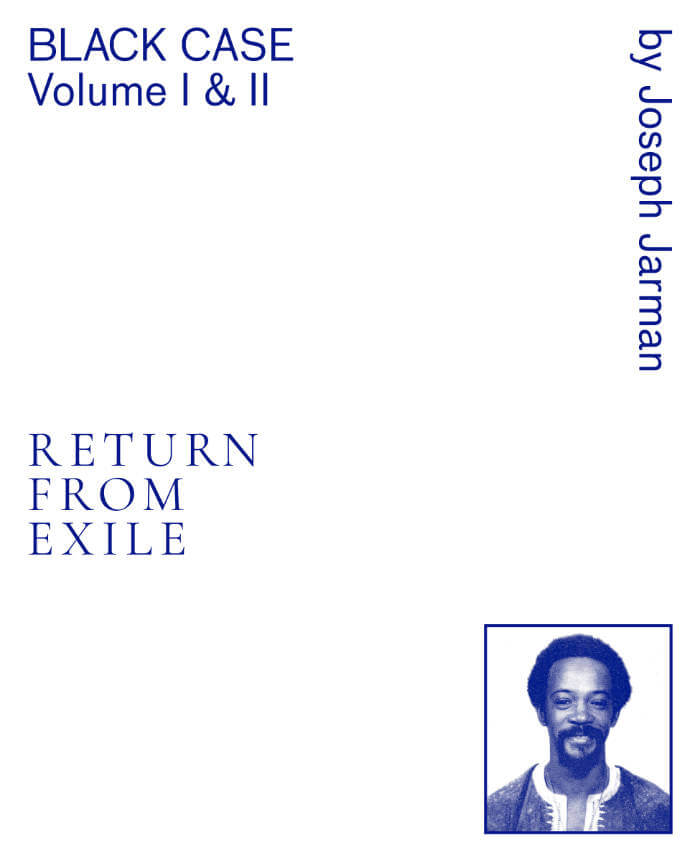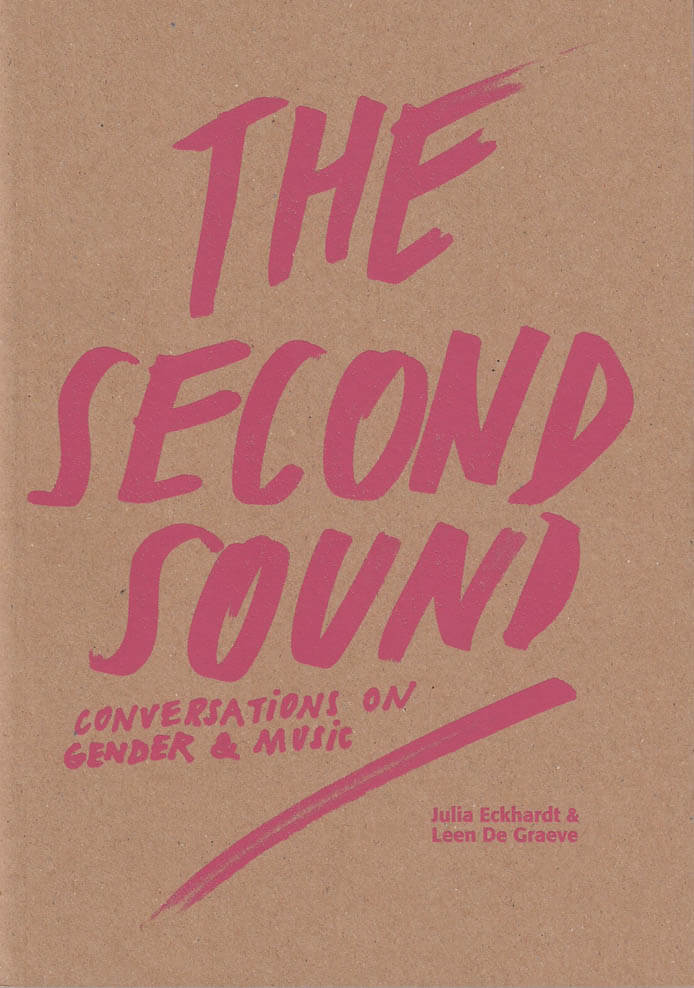
Spectres I: Composer l’écoute / Composing listening
Bartolomé Sanson ed., François J. Bonnet ed.
[ENG]
This book has been conceived as both a prism and a manual. Following the “traditional” arc of electroacoustic composition (listen—record—compose—deploy—feel), each of the contributions collected together here focuses in on a personal aspect, a fragment of that thrilling territory that is sonic and musical experimentation. Although the term “experimental music” may now have be understood as referring to a genre, or even a particular style, we ought to hold on to the original use of this term, which was based more on an approach than on any particular aesthetic line to be followed. The experimental is first and foremost a spirit, the spirit of the exploration of unknown territories, a spirit of invention which sees musical composition more as a voyage into uncertain territories than as a self-assured approach working safe within the bosom of fully mapped out and recognized lands.
Authors: Félicia Atkinson, François Bayle, François J. Bonnet, Drew Daniel. Brunhild Ferrari, Beatriz Ferreyra, Stephen O’Malley, Jim O’Rourke, Eliane, Radigue, Régis Renouard Larivière, Espen Sommer Eide, Daniel Teruggi,
Chris Watson.
[FR]
Le livre qui suit a été pensé comme un prisme et un manuel. Suivant l’arc « traditionnel » de la composition électroacoustique (écouter — enregistrer — composer —déployer — ressentir), chacune des contributions regroupées ici pointe un aspect personnel, fragment de territoire passionnant qu’est celui de l’expérimentation sonore et musicale. Si le terme de musique expérimentale a pu être assimilé à un genre, voir à un style, il ne faut pour autant pas oublier l’usage initial de ce terme, qui était basé plus sur la démarche que sur la ligne esthétique adoptée.
L’expérimental, en effet, est d’abord un esprit, un esprit d’exploration des territoires inouïs, un esprit d’invention qui voit dans la composition musicale plus un voyage vers des terres incertaines qu’une démarche assurée produisant dans le giron de terres balisées et reconnues.





